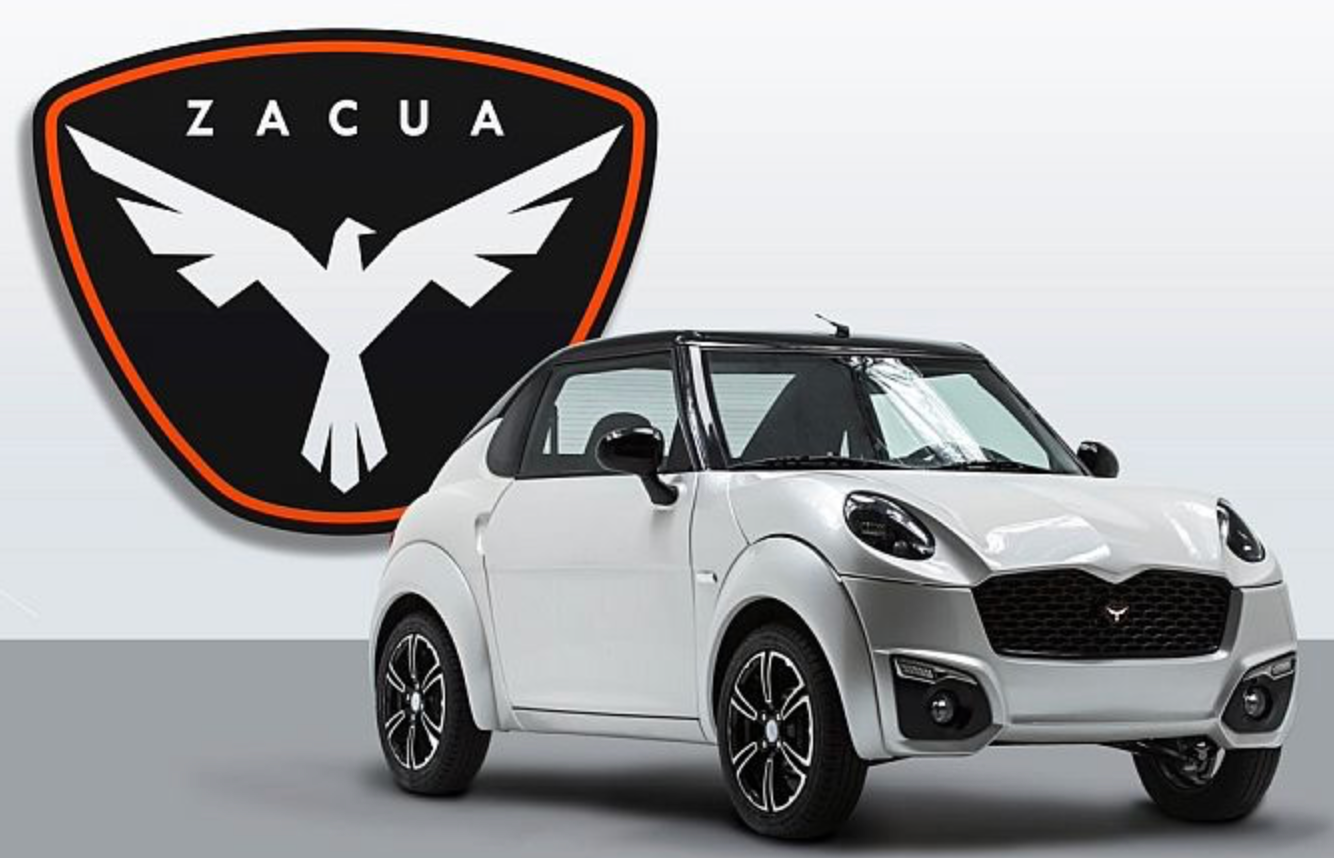BARRIO – The prototypes of these vehicles were first presented in mid-2017, but a 7.1-degree tremor that shook the center of the country in September of that year and the difficulties of marketing electric models, such as the lack of incentives and recharging stations, delayed the plans of the Mexican Parking Operator Company (Copemsa), owner of Zacua. Therefore, the first cars were not introduced to the market until February 8, 2022.
Zacua currently produces two models, the Zacua MX2 and the Zacua MX3, both with a price of 599,990 pesos (CDN $38k).
Both models have only two seats and reach a maximum speed of 85 kilometers per hour. The universal recharging system lasts up to eight hours. Other features include ABS brakes, a navigation screen to monitor the status of the vehicle, and Bluetooth connectivity. The batteries are protected by the aluminum chassis, which are specially designed to absorb energy in the event of an impact.
Battery life is rated at 100 miles, but will vary depending on grades, inclines, speed, and driver’s driving habits. The battery has a life of 3,000 cycles, which can be translated into around 8 years of life, if it is charged from the minimum to the maximum (from 0 to 100%) every day.
In order to encourage these cars, Zacua plans to gradually open around 150 charging stations in Mexico City, which will be mapped in a smartphone application, along with all other functional charging stations in Mexico City.
Zacua employs only women in its engineering center, who work both in the design of prototypes and development of new projects as well as in the assembly of different parts. This measure aims to meet a policy of inclusion, to promote women in the automotive sector.
This is truly amazing. Vamos!






0 Comments